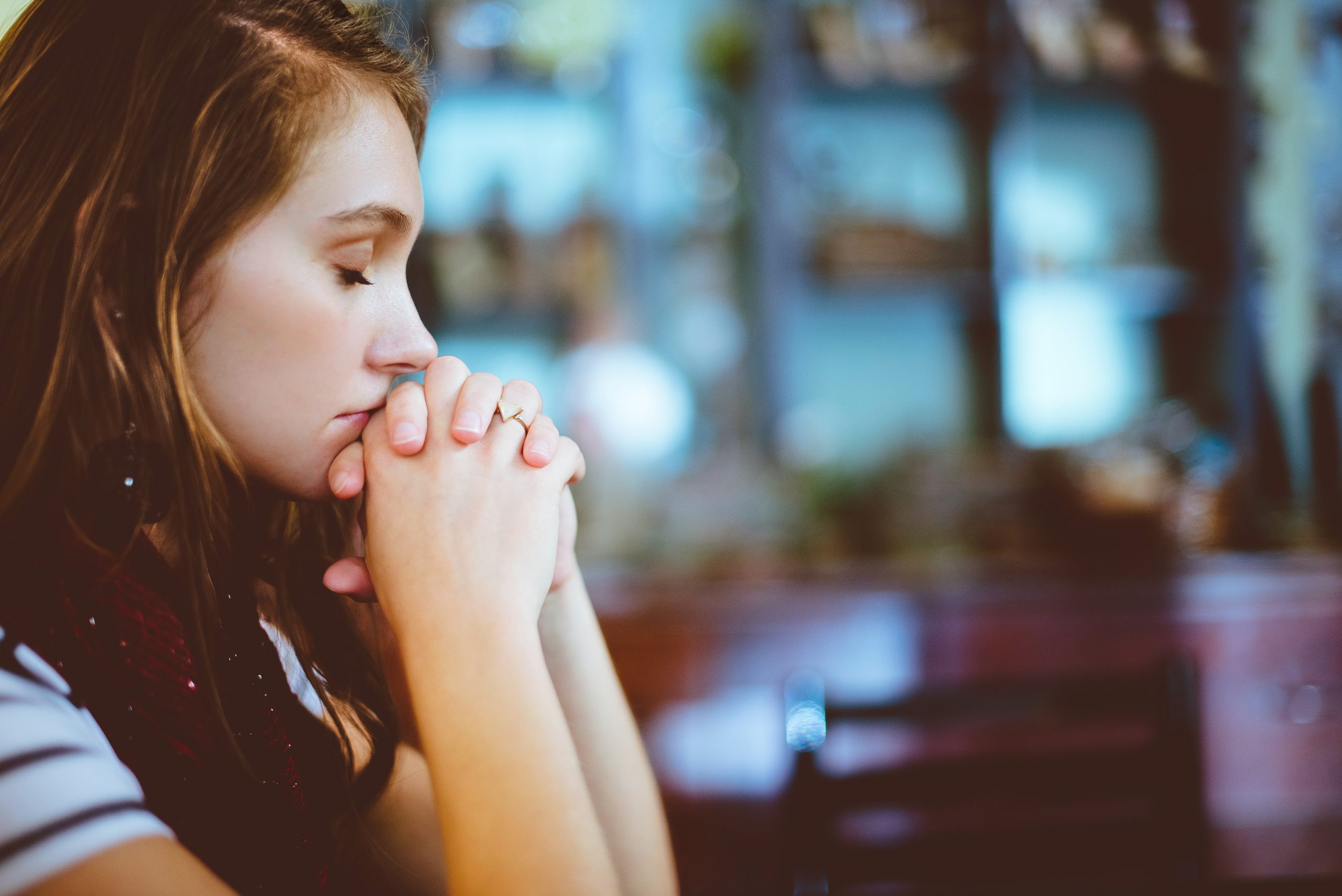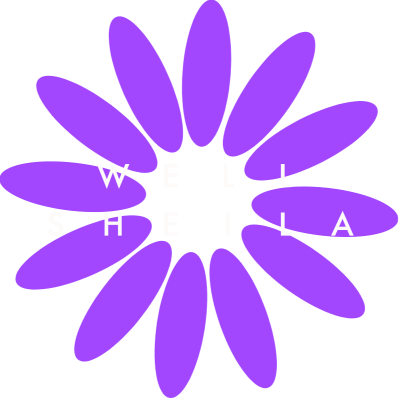
Guest article provided by: Marisa Gray Atha
A few months ago, a friend used the phrase, “a living question,” as she described her state of not-knowing. With care, she cozily tucked the question into a corner of her mind and let it rest there, keeping faith that the answer would arise in due time.
Just this morning in online yoga class, my teacher offered the idea that there are “years made of questions” and “years made of answers,” that we live through the questions until we finally arrive at the answers.
“What kind of year are you living?” she asked.
It got me thinking about the nature of living with uncertainty. 2020, if nothing else, was a year of uncertainty, on both the global and personal levels. The entire human population grappled with a new virus, and the fears, limitations, and changes that it brought. “How will we work? How will we school our children? How will we carry on relationships with our friends and families? Where do our anxieties lie? Where do our boundaries lie? What is known? What is true?”
Living in this state of flux and mystery for months on end became exhausting. Humans were built to be highly adaptable, yes, but we are also creatures of habit, of comfort, of routine. With so many lifestyle changes in such a short period of time, and with so much shifting and evolving knowledge about the nature of the virus, we had to cope with a chronic, low-grade undercurrent of stress. The felt anxiety culminated from both the externally forced changes, as well as the ongoing internal question, “Am I making the right decision?” This distinction, parsing external from internal, feels significant.
Humans have gone through massive global shifts before—everything from ice ages, to large-scale migrations, famines, wars, and other plagues that have washed through the land. In every case, the external circumstances have forced internal decisions to be made. “Where will we go? How will we keep our families safe?” These questions aren’t answered in a day. In one moment, a solution will present itself, only to be overturned in the next. As humans survived through these lengthy periods of hardship, we were forced to grapple with continually new challenges and to create new means of overcoming, all the while living with the uncertainties of fear and doubt.
Whether the entire community, country, or planet is facing a threat, or whether it’s experienced solely on the individual level, the underlying sense of anxiety feels quite the same.
I remember the months during my father’s cancer treatments, before he eventually passed—questions upon questions. “Were we making the right decisions regarding doctors, chemotherapies, and other forms of care? Would he survive this? Were we doing everything we could to help him feel comfortable, to make sure he felt loved?” During this stretch of months, anxiety lived in my body, day in and day out. I’d wake during the night, with a wash of dread, fearing the next turn of events, the next dose of news that would sway our world drastically in one direction or the other. When he finally did pass away, there was a short-lived breeze of sweet relief: all his pain, all our wondering, hoping, and fearing was finally over. Soon, this transitioned to mourning and loss, but for that brief interim, the release was palpable as we were relieved of the unknown.
The experience of losing a loved one can teach so many lessons, heartbreaking as they may be. When we said goodbye to our sweet 15-year-old dog this week, the anxiety of “before” felt familiar, and so did the shift into the grieving of “after.” We’d been living with the question: “Is it time?” Pedro had been on medications for arthritis, thyroid imbalance, and eye complications. He’d lost his hearing, much of his sense of smell, and towards the end, almost all of his eyesight. He’d been walking into walls, bumping his head and his eyes, losing track of where he was in our home; he was old. He’d lived a good life, and yet we still couldn’t determine whether it was the right time to help him pass; he was still so responsive to our affection, always happy to snuggle, to offer little happy licks. The last couple weeks we were in and out of vet appointments for his painful and failing eyes. My three daughters kept asking me, “Will he be okay? Is he going to die?” Being a mother means I must hold my own anxieties, fears, and sadnesses, while also helping my daughters through theirs.
Just as there was hope mingled with dread in the months before my dad passed, as our hearts asked so many difficult questions, it was the same with our sweet pup. In this case, when the anxiety—when the living questions—transitioned to knowing, we made the call for a vet service to come perform an at-home euthanasia in our backyard. Once we’d seen Pedro over the bridge, we buried him, and the fear of the unknown shifted into the beginnings of grief. The question had been answered, and now we would move forward.
And yet, there came more questions: “Did we make the call too early? Did we wait too long? Did we give him enough love?”
As I moved through my yoga practice this morning, missing the sight of Pedro curled up in his dog bed next to me, I heard the teacher speak of living with a question, and my heart registered the truth of this experience.
Having navigated grief before, I know that many of the questions will eventually be answered. Two years after my dad passed, I’m still receiving answers to the many questions I lived during his life, and following. Next week, next month, next year, I will meet more answers to the questions I’m asking now.
And yet, some questions may never be fully answered. Some questions are meant to live with us our entire lives—questions such as, “What am I meant to do in this life? Am I living my highest? What comes after this life? Am I a good enough mother? Am I a good enough partner?”
I’ve found that the asking of questions often matters more than the timeliness of the answers. In the waiting, there is resolve; in the bow to unfolding, a beautiful humbling. There is steely resilience growing inside us, partnered with the soft openness of becoming.
In the state of COVID, we ask, we do our best, we question again, and we wait.
In the state of illness or death—whether our own or a loved one’s—we ask, we do our best, we question, and we wait.
And in the state of any heart-quest, we ask, we do our best, we question, and we wait, all the while listening for the small whispers that bring Adriane’s string to guide us through this labyrinth that is life.
Marisa Gray Atha is the owner of Three Sparrows Studio. She provides private voice instruction, using a holistic approach that empowers her students to find and free their own natural sound. With a BA and MM in Vocal Performance, BA in English, and Minor in Psychology, Marisa enjoys practicing yoga, and is a RYT-200 (Registered Yoga Teacher). She offers all manner of musical, mind/body, and wellness musings in her blog.
